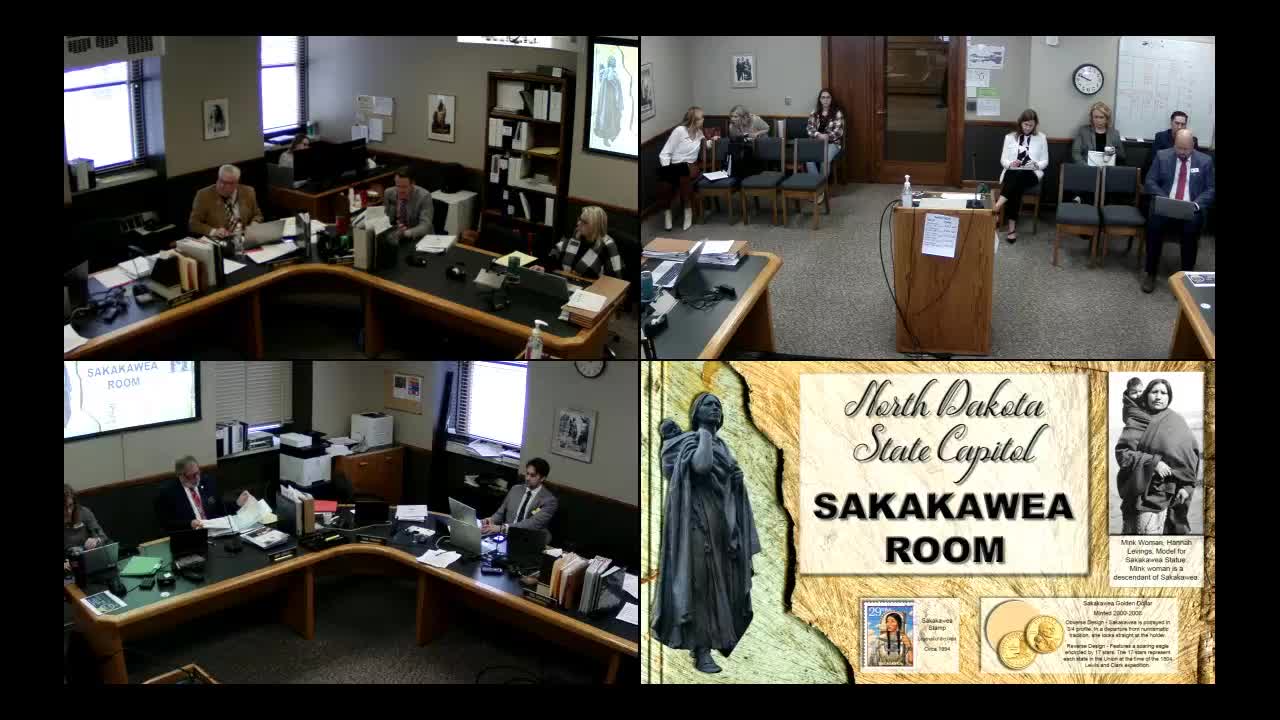Article not found
This article is no longer available. But don't worry—we've gathered other articles that discuss the same topic.
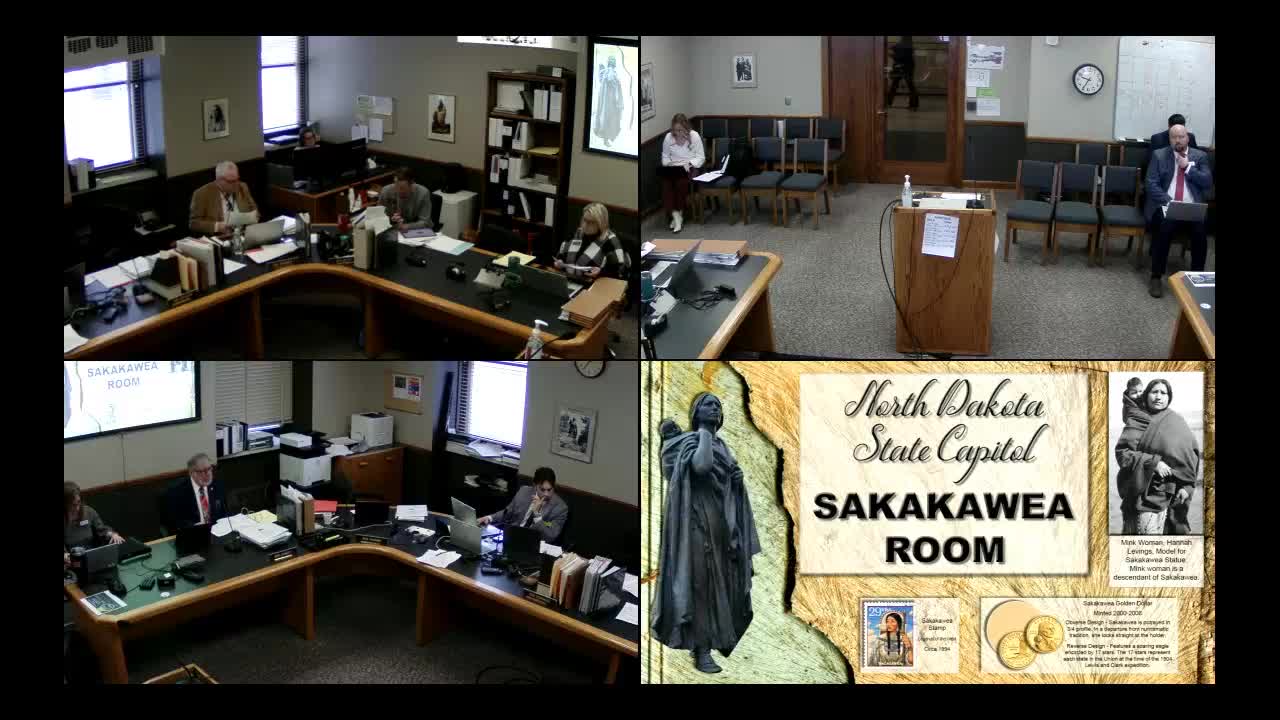
Committee reviews DPI program grants, student information system and school‑blind staffing in long‑sheet discussion
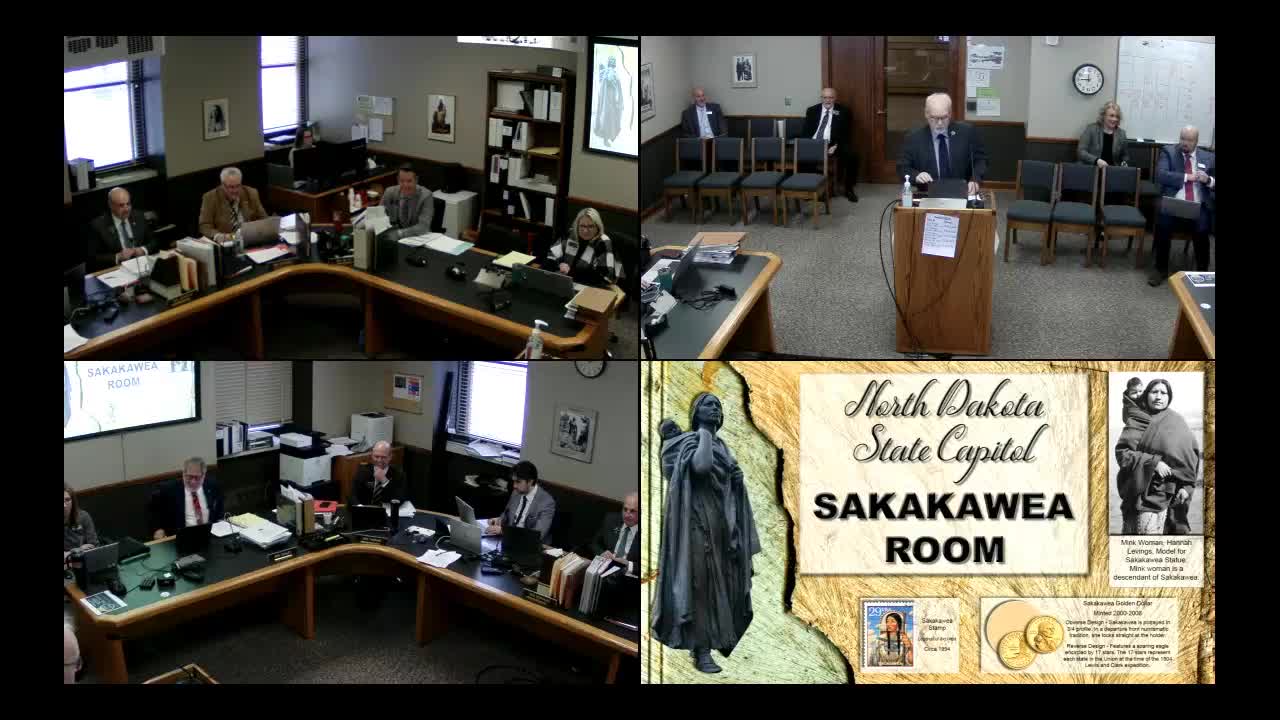
Bill 12‑14 would change K‑12 transportation funding formula, officials say it raises costs for next biennium
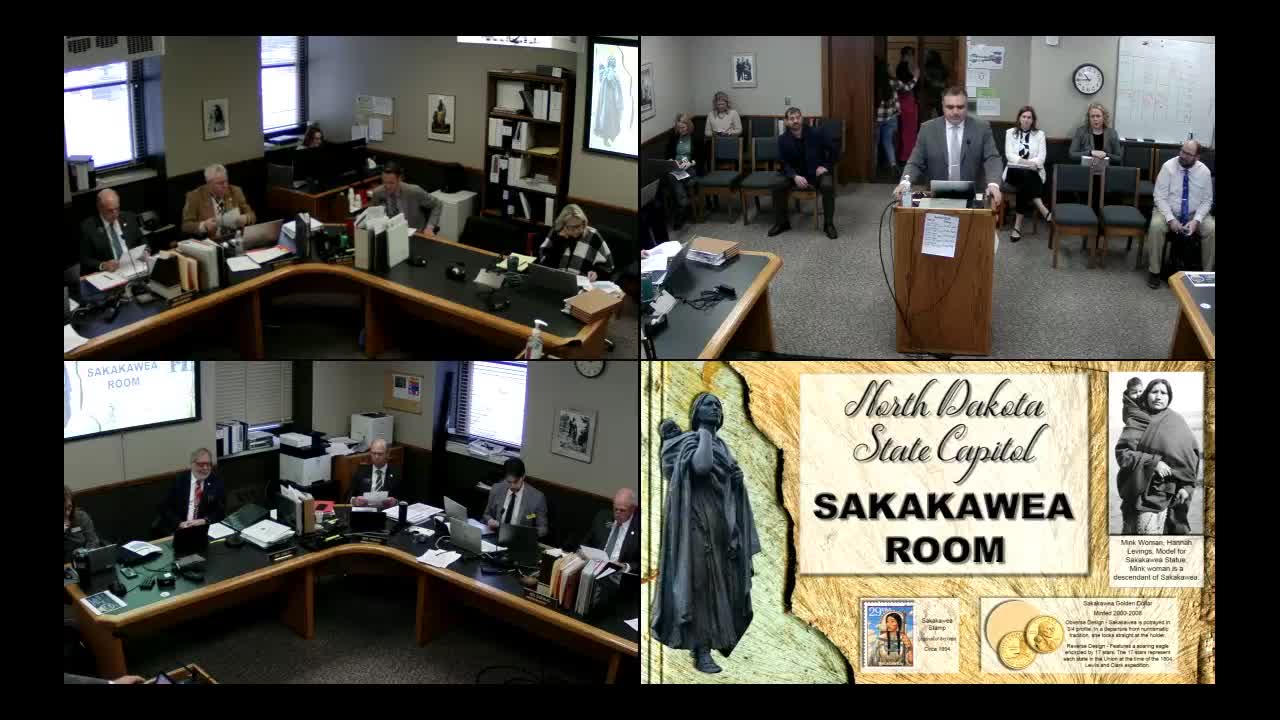
Tribal‑area superintendents urge gap funding after federal Title I allocation switch to census model
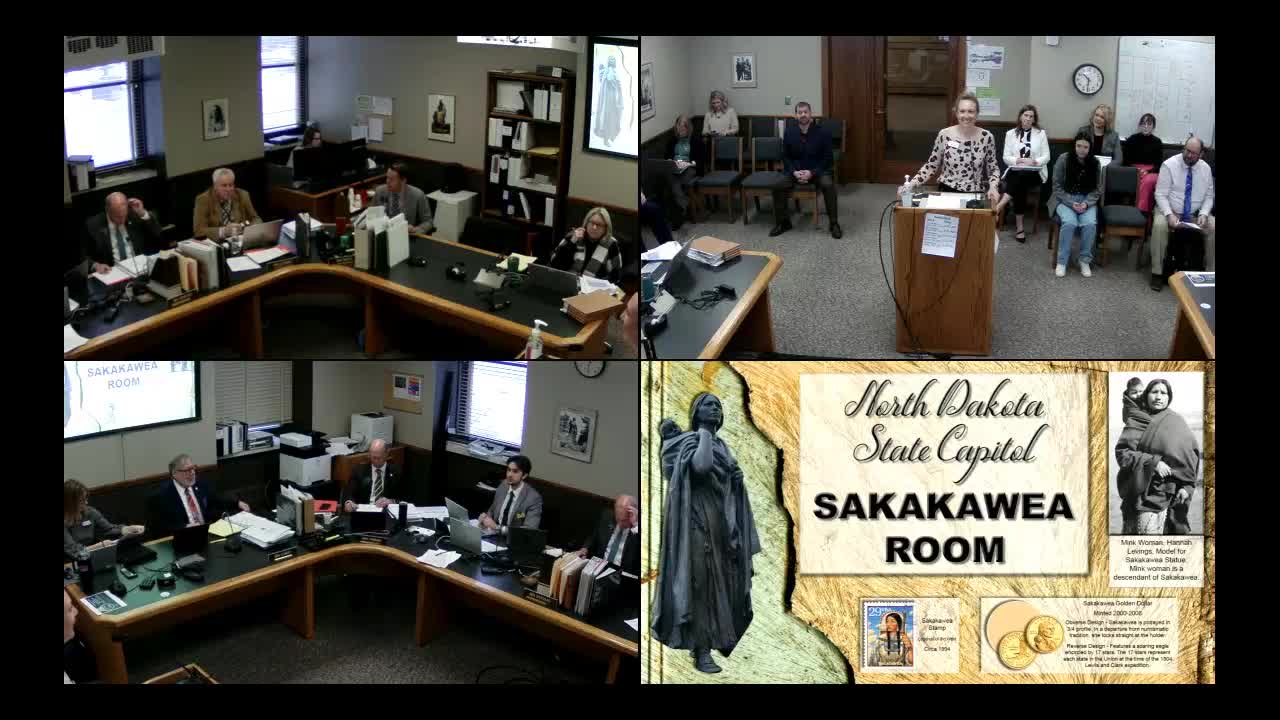
Governor proposes $1.5 million to help schools buy secure phone storage as cell‑phone policy moves through chambers
